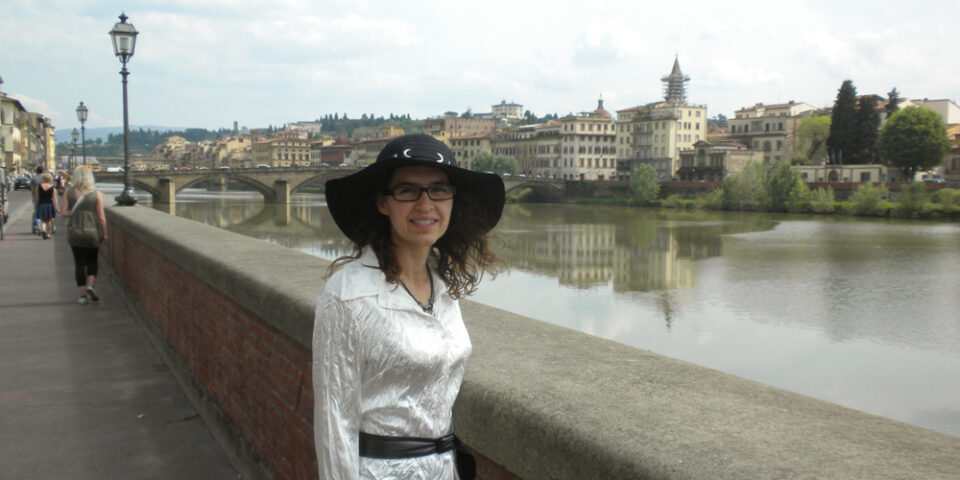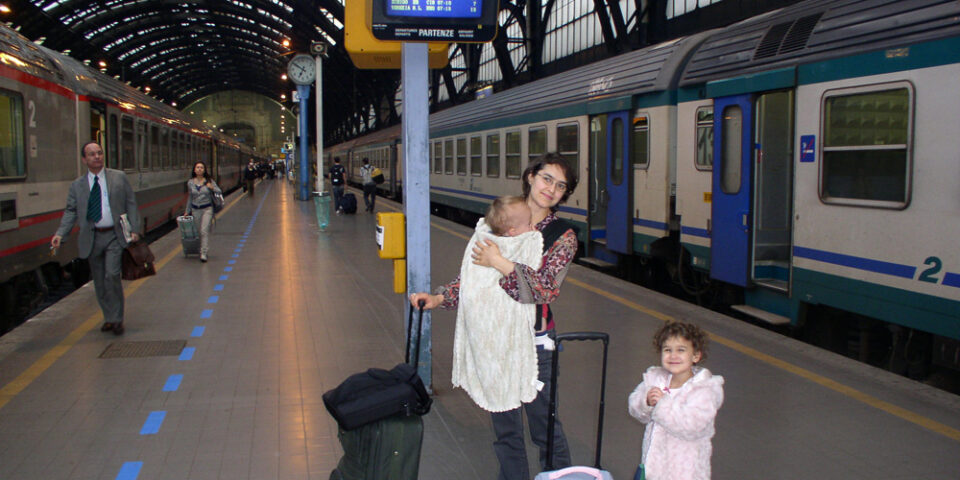Hi, I’m Sarah. I come from a long line of Mormons, and I love and admire my pioneer ancestors who risked and sacrificed so much for what they believed. I cherish my temple marriage and the promise it gives me that I can be with my husband, daughter, and son forever.
Throughout my life, I’ve had wonderful opportunities to travel to different countries and worship with Latter-Day Saints who may speak different languages, but share the same spirit. It is largely these experiences that have made me ponder the role of Priesthood and how it relates to women.
While I was serving my mission in Chile, I was startled to be told that we should focus our efforts on baptizing men rather than women. The rationale was that the men could hold the Priesthood, which would strengthen their wards and branches, while women could not. It hurt my heart that the humble, faithful women I taught were viewed as less valuable converts and less capable of making meaningful contributions. I think that the Savior would have wept to see His servants offering the beautiful truths and saving ordinances of the Gospel to his male lambs while viewing his female lambs as less important and not to be sought after.
While attending a small Irish branch a few years ago, I sat in a Relief Society meeting where several sisters shared stories of times in their lives when they or their children had been in desperate need of Priesthood blessings, with no Priesthood holders available. I felt a sweet spirit enter the room as a few of these sisters spoke of laying their own hands on their children’s heads and blessing them. Such acts are not currently sanctioned by the Church, but are reminiscent of the blessings Joseph Smith encouraged women to give in his day.
Finally, I was privileged to spend several months in Tunisia, a Muslim country with no organized church presence. With a very few other members, we held church meetings in homes. There were so few of us, and it seemed such a remote corner of the world, that we each felt blessed to have intersected with other members rather than being there alone. Attending our tiny church group were both a single man who was studying Arabic and a single woman who taught school. I was struck one day by the realization that if the man had been in Tunisia alone, he could have prepared the Sacrament for himself, a blessing not available to the woman. Since then, I have learned of women in various countries and situations who are not able to partake of the Sacrament because there is no Priesthood holder among them. I believe that women should be ordained.








